Buccal fat removal is a surgery to reduce the fullness of your cheeks and make them look thinner. It aims to trim filled-out cheeks, particularly around the cheek hollows. The procedure is simple, quick, and generally deemed safe.
If your facial cosmetic surgeon has approved you for buccal fat removal, you may wonder what will happen afterward. What is the healing process like? When will you see the full results? Here are what to expect after buccal fat removal.
Pain and Swelling
You may experience facial soreness and swelling immediately after the procedure. You may also have trouble swallowing food. Your doctor may suggest eating a plain, liquid, or soft diet, like broth, as you heal from surgery.
The swelling will go away on its own after two to three weeks, after which your cheeks will start to look slimmer and more defined. You can manage the discomfort with pain medications per your doctor's guidance.
Numbness and Bruising
You should expect numbness and bruising in your cheeks following the procedure. But these symptoms should improve as the area around the cheek recovers. Visiting your doctor at Alan Matarasso MD for follow-up checks will help ensure that the incision area is healing suitably.
Facial Skin May Discolor
It is normal to experience facial discoloration after buccal fat surgery. It happens when the swelling on the skin around the site of the incision increases the production of pigment. Your skin may turn brown, green, yellow, or purple but resolve within two weeks. If the discoloration does not diminish after two weeks, your surgeon can examine you to ensure that you are recuperating correctly.
Potential Risks and Complications
As with any surgical procedure, you are also at risk of developing complications after buccal fat removal. They include:
An unfavorable response to anesthesia
Too much bleeding
Bacterial infection
Damage to facial nerves
Facial unevenness
Tightening of the jaw muscles (lockjaw)
Injury to inner facial structures such as the salivary duct
Excess fat removal or disagreeable results. You could end up with sunken or saggy cheeks
When considering buccal fat removal, it is best to proceed with the surgery cautiously to avoid possible risks. It is crucial to discuss all your concerns with your surgeon before undergoing the procedure.
Is Buccal Fat Removal Appropriate for You?
You should only go ahead with the procedure after careful deliberation. Before choosing to have buccal fat removal surgery, make sure that:
You are in good overall health condition
You do not smoke
You have realistic expectations from the surgery
Take some time to look at the before and after pictures of patients who have had the surgery. You can find the images on the internet or from your surgeon's collection of their previous work.
Conclusion
Buccal fat removal is a simple and efficient surgery. Surgeons can do it alone or alongside other cosmetic facial surgeries with few other risks. Studies have found that complications from buccal fat removal can be low without severe injury.
Talk to your family physician or a licensed cosmetic surgeon in your area about any worries and questions you have concerning buccal fat removal.
For more on what happens after buccal fat removal, visit Alan Matarasso MD at our office in New York, New York. Call (212) 249-7500 to book an appointment today.

